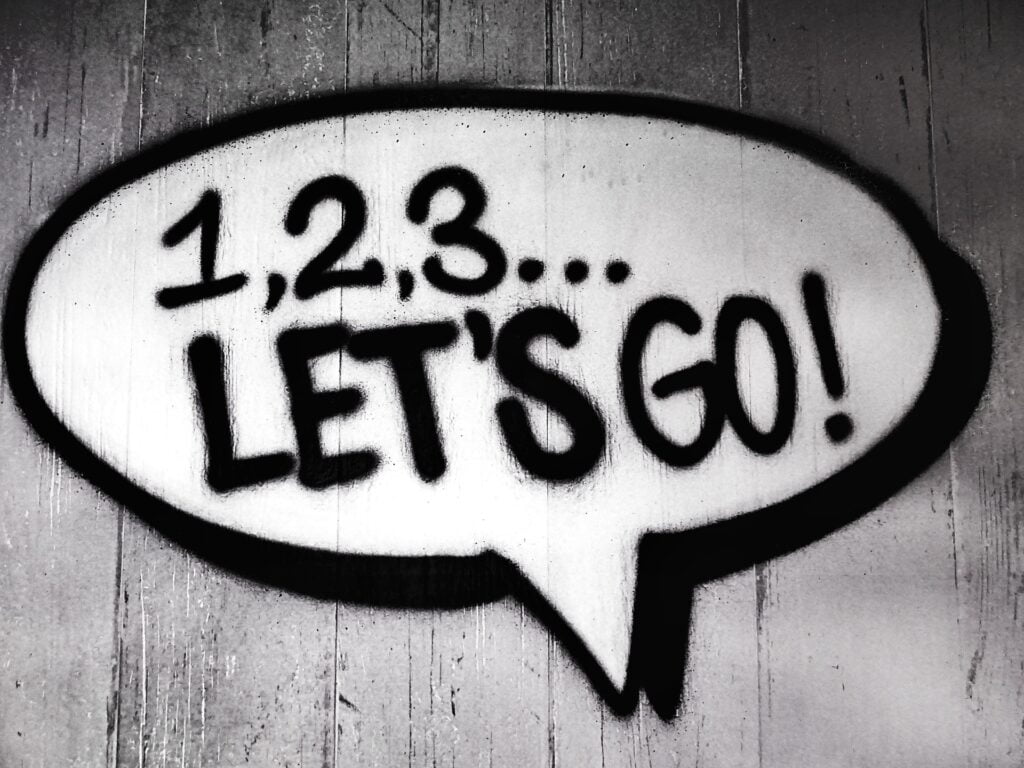Parenting in the Digital Age: How to Raise Tech-Savvy Kids in 2026
Parenting in the Digital Age: How to Raise Tech-Savvy Children in 2026 Given how quickly technology is developing, digital literacy has become essential for kids. As parents navigate this digital age, they must understand that being tech savvy is not only advantageous but also essential. The capacity to use digital tools effectively will be just as important as traditional literacy skills by 2026. In order to ensure that their children are not just technology consumers but also creators and critical thinkers, parents play a crucial role in developing this competency. Key Takeaways Digital literacy is crucial for parents to understand and teach their children in the digital age. Balancing screen time with real-life activities is essential for the overall well-being of children. Teaching online safety and cybersecurity to children is a necessary skill in today’s digital world. Navigating the challenges of social media and online peer pressure requires open communication and guidance from parents. Keeping up with the latest technology trends and platforms can help parents stay informed and involved in their children’s digital lives. Parents should actively participate in their children’s online activities in order to foster digital literacy. This engagement can take many different forms, such as encouraging kids to experiment with digital art or coding or co-viewing instructional content. Parents can help demystify technology and foster curiosity and self-assurance in their kids by taking part in these activities. Also, talking about the ramifications of technology, such as how it affects society and individual privacy, can enable children to use the internet sensibly and responsibly. Striking a balance between screen time and in-person interactions is crucial for healthy development as screens become more and more integrated into daily life. Children will probably have even more access to digital devices by 2026, so parents must establish clear boundaries. Setting aside specific times for screen time can help guarantee that kids participate in social interactions, physical activity, and creative play—all of which are essential for their general wellbeing. By setting an example of healthy habits, parents can promote a balanced lifestyle. Children are more likely to emulate similar behaviors when families prioritize board games, outdoor activities, or reading aloud to each other. A harmonious balance between screen time and physical engagement can also be achieved by incorporating technology into everyday activities, such as using educational apps during family game nights or using augmented reality to explore nature. In addition to encouraging a well-rounded lifestyle, this strategy supports the notion that technology can supplement rather than replace in-person interactions. Teaching kids about cybersecurity and online safety is crucial in a time when threats from the internet are constant. The digital world will probably present new difficulties by 2026, so it’s critical that parents give their kids the skills they need to stay safe. This instruction, which emphasizes the value of privacy settings, spotting phishing attempts, & comprehending the consequences of disclosing personal information online, should start at a young age. By encouraging open communication, parents can establish a secure space for conversations about internet safety. Building trust and ensuring that kids feel comfortable asking for help when faced with possible risks can be achieved by encouraging them to talk about their online experiences & any worries they may have. Also, these lessons can be practically reinforced through exercises like creating secure passwords or role-playing online interactions. Topic Key Points Parenting in the Digital Age Raising tech-savvy kids, digital literacy, online safety The Importance of Digital Literacy in Parenting Understanding technology, critical thinking, media literacy Balancing Screen Time and Real-Life Activities Setting limits, promoting physical activity, family time Teaching Online Safety and Cybersecurity to Children Privacy protection, recognizing online threats, safe online behavior Navigating the Challenges of Social Media and Online Peer Pressure Positive online interactions, digital citizenship, dealing with cyberbullying Parents can enable their children to navigate the digital world with confidence & caution by making cybersecurity education a top priority. Navigating social media’s complexities becomes a major challenge for parents as it continues to influence how kids interact with each other. Platforms will probably continue to change by 2026, bringing with them new social dynamics and peer pressure that may affect kids’ mental health and self-esteem. In order to help their kids understand the distinction between their online and real-life identities, parents need to take the initiative to talk to them about these issues. In addition to addressing social media’s potential drawbacks, an open discussion about it can help demystify its appeal. In order to cultivate a mindset that prioritizes authenticity over flimsy validation, parents should encourage their children to critically assess the content they consume and share. Children can also develop a sense of responsibility for their online behavior by learning about the significance of digital footprints. Parents can foster resilience & a positive relationship with technology that puts wellbeing ahead of conformity by helping their kids navigate the difficulties presented by social media.
Parenting in the Digital Age: How to Raise Tech-Savvy Kids in 2026 Read More »



